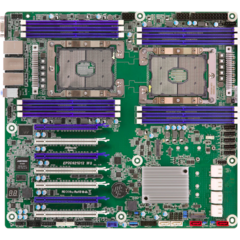-
Topics
-
CoolJoel ·
Posted in Troubleshooting0 -
joe_ollie909 ·
Posted in Cooling0 -
Toasted Waffles ·
Posted in Networking0 -
5
-
aren332 ·
Posted in CPUs, Motherboards, and Memory3 -
Harry_rn ·
Posted in Troubleshooting0 -
2
-
1
-
kim921 ·
Posted in Build Logs2 -
_y0sh ·
Posted in New Builds and Planning3
-


















Create an account or sign in to comment
You need to be a member in order to leave a comment
Create an account
Sign up for a new account in our community. It's easy!
Register a new accountSign in
Already have an account? Sign in here.
Sign In Now